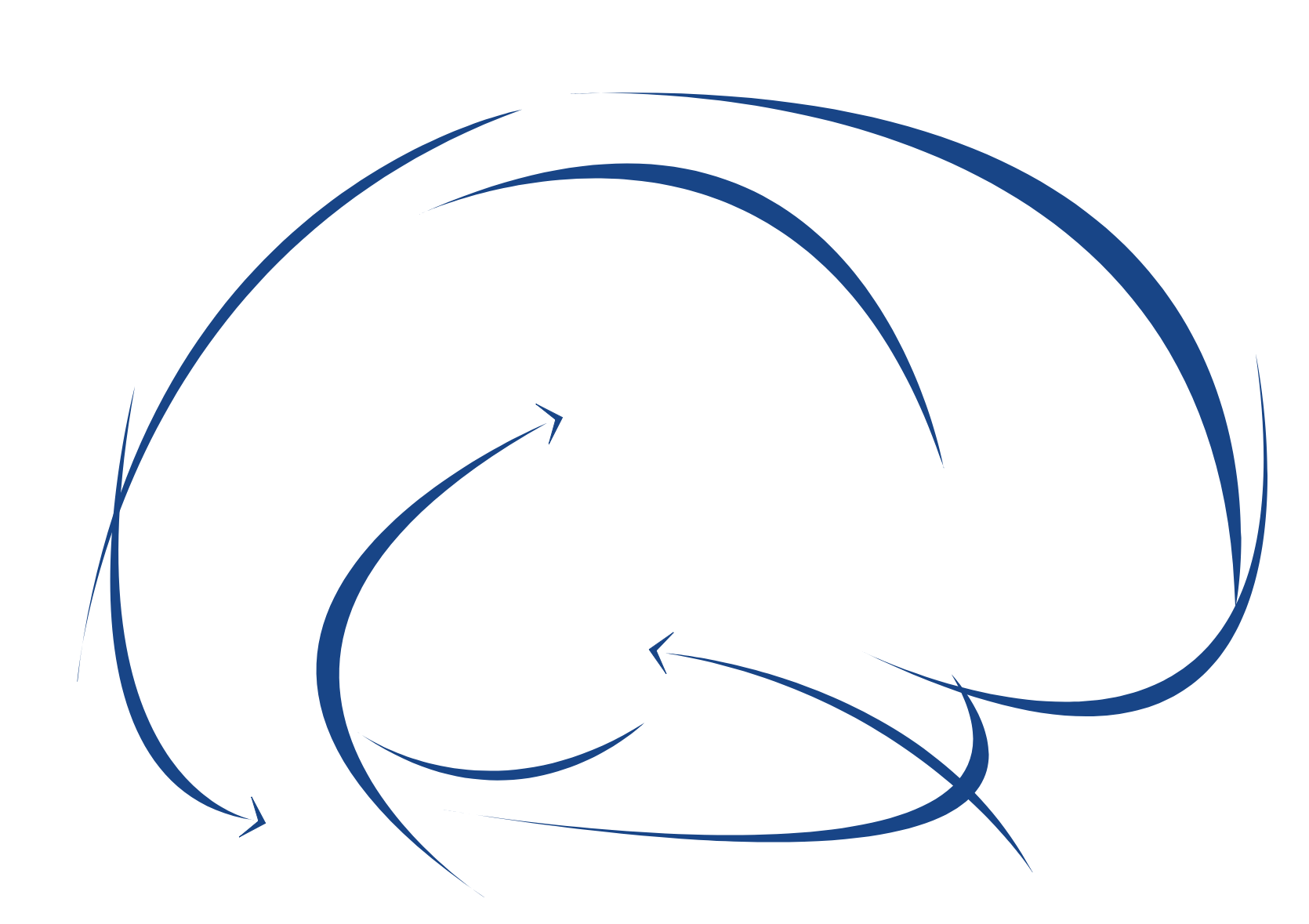Lorenzo Fontolan at 4pm:
Title: Neural mechanisms of memory-guided behaviour
Abstract: Persistent, stimulus-dependent neuronal activity has been observed in numerous brain areas during tasks that require the temporary maintenance of information. Several competing hypotheses for the neuronal mechanisms underlying persistent activity have been proposed. We have employed data-driven models in conjunction with optogenetic disruptions of neural circuits within memory-guided motor tasks. Our findings revealed a mechanism governed by dynamic attractors, pivotal in sustaining neuronal activity. This mechanism, shaped by time-varying inputs reflecting temporal predictions, is instrumental in regulating the impact of sensory information on the premotor cortex, thereby preserving memory traces from distracting stimuli. We then asked how persistent activity driven by attractor dynamics emerges during motor learning. It has been proposed that activity-dependent synaptic plasticity underpins motor learning, as it can reconfigure network architectures to produce the appropriate neural dynamics for specific behaviors. To verify this hypothesis, we investigated how the mouse premotor cortex acquires specific neural dynamics that govern the planning of movement at different stages of motor learning. We developed network models that replicated the effects of acute manipulations of synaptic plasticity. The models, which display attractor dynamics, also explain flexible behavior after learning has ended. By leveraging the model's predictions, we can formulate testable hypotheses regarding the distinct mechanisms governing movement planning at various stages of the learning process.
